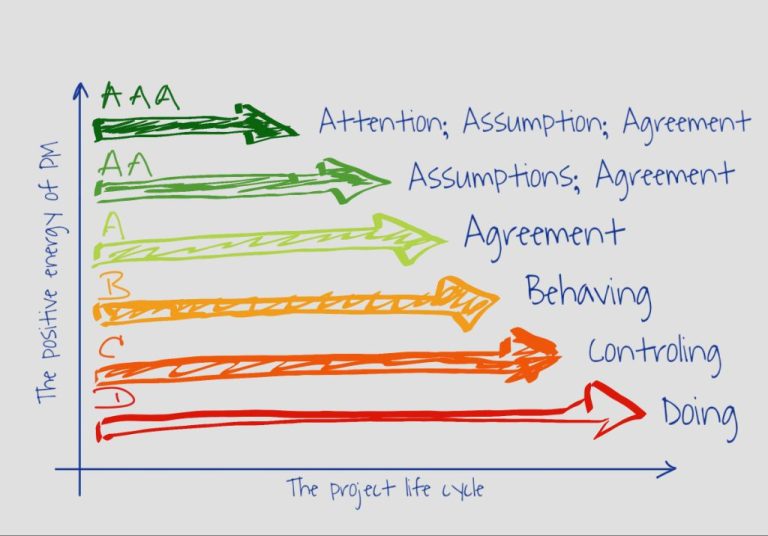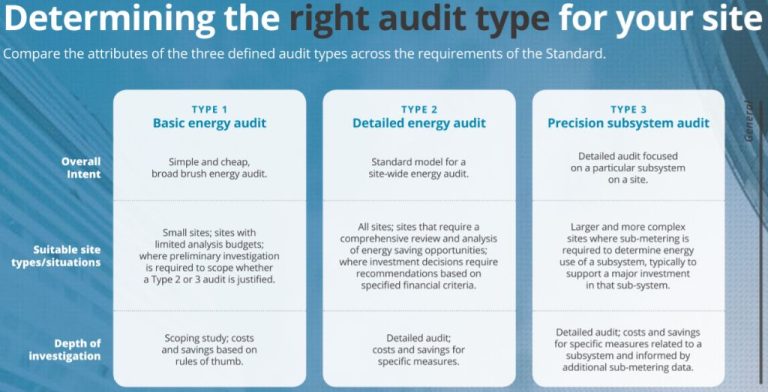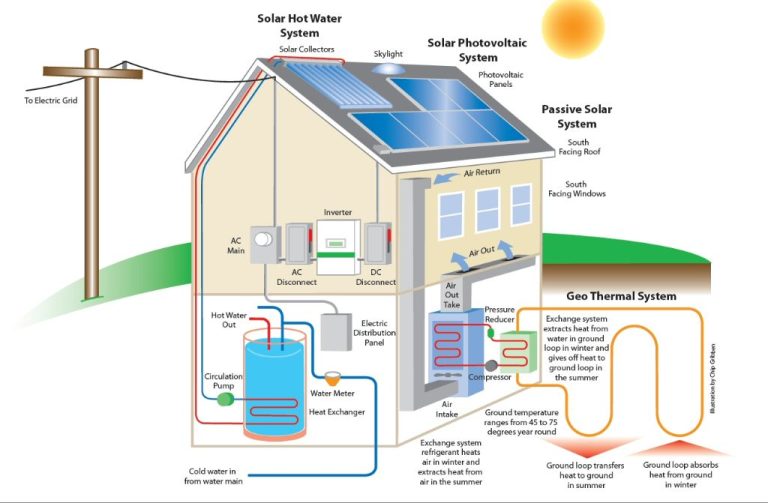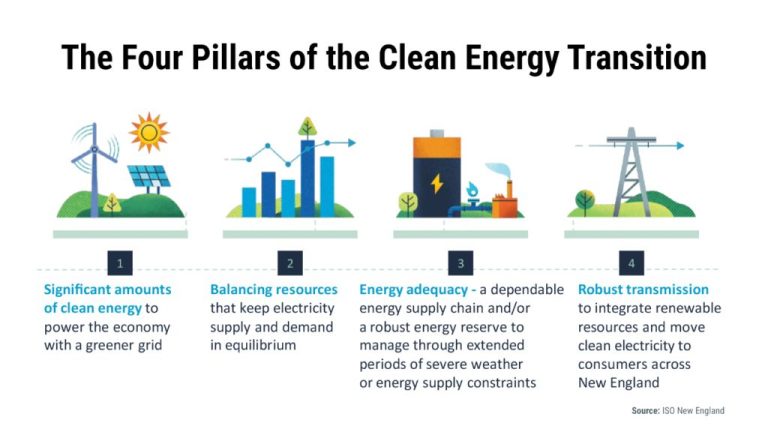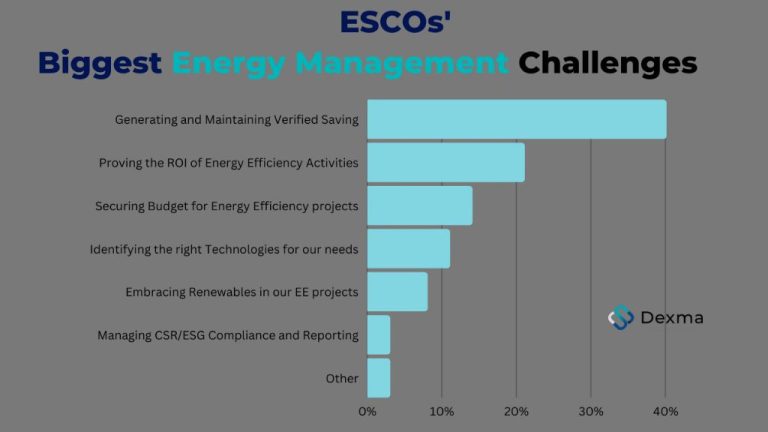What Is The Role Of The Eesl?
The Energy Efficiency Services Limited (EESL) is an energy service company focused on enabling energy efficiency in India. It was founded in 2009 as a joint venture between four public sector undertakings – NTPC Limited, Power Finance Corporation, REC Limited and POWERGRID – under the Ministry of Power.
EESL was formed to create and sustain markets for energy efficiency in India, as part of the country’s efforts to reduce energy consumption and mitigate climate change impacts. It aims to unlock energy efficiency market opportunities estimated at ₹74,000 crore, enabling large scale implementation across sectors like lighting, buildings, e-mobility and smart meters.
Energy Efficiency Services
The Energy Efficiency Services Limited (EESL) is focused on catalyzing India’s energy efficiency market through large-scale implementation of energy efficiency programs. One of the flagship programs of EESL is promoting energy efficient LED bulbs by distributing them at an affordable price in the residential sector. EESL has distributed over 346 million LED bulbs across India through bulk procurement under the UJALA (Unnat Jyoti by Affordable LEDs for All) scheme. This has led to estimated energy savings of 46 billion kWh per year and over 38 million tonnes of CO2 emission reduction annually.
EESL is also implementing energy efficiency projects in areas like public street lighting, energy efficient ceiling fans, agricultural pumps, and electric vehicles. For the municipal sector, EESL has undertaken LED streetlight replacement projects in cities like Delhi, Dehradun, Guwahati and Bhubaneshwar covering over 1.1 million conventional streetlights. The bulk procurement approach has helped municipalities lower costs and rapidly adopt energy efficient lighting.
Another key initiative of EESL is smart metering, which provides consumers better visibility of energy consumption patterns and enables savings through more efficient usage. EESL is in the process of installing 10 million smart meters across states like Uttar Pradesh, Haryana, Bihar, Delhi and Assam. The smart metering program aims to improve billing efficiency, optimise power supply operations and help consumers shift load and save on electricity costs.
Renewable Energy Promotion
The EESL has played a major role in accelerating India’s shift to renewable energy sources like solar power. It is the leading implementer of solar rooftop projects across the country under the government’s Sustainable Rooftop Implementation for Solar Transfiguration of India (SRISTI) scheme. As of 2022, EESL has installed over 300 megawatts of rooftop solar capacity on government buildings, hospitals, educational institutions and other establishments.
The organization is also working to set up a nationwide network of electric vehicle charging stations to promote e-mobility. Under the government’s Faster Adoption and Manufacturing of Electric Vehicles (FAME) scheme, EESL has been contracted to establish EV charging infrastructure in several major cities. It aims to install around 2,500 charging stations across India over the next few years. This will help address “range anxiety” concerns and accelerate EV uptake in the country.
Innovative Financing

EESL has pioneered innovative financing mechanisms to increase the uptake of energy efficient appliances and equipment. One key mechanism is demand aggregation, where EESL aggregates demand across sectors to lower costs through economies of scale. This helps consumers spread out costs over time and lowers the upfront investment required.
EESL also utilizes the pay-as-you-save model, where consumers pay for new efficient equipment like LED bulbs through the energy savings realized on their electricity bills. This removes the need to take loans or pay large upfront costs. The cost recovery gets linked to the resultant energy savings.
These innovative financing models have enabled EESL to drive the world’s largest energy efficiency portfolio. They have been critical in overcoming traditional barriers to investing in energy efficient solutions and driving their widespread adoption across India.
Partnerships
The Energy Efficiency Services Limited (EESL) has formed numerous partnerships to promote energy efficiency and sustainability in India. Some key partnerships include:
Government Agencies: EESL works closely with central and state government agencies such as state electricity boards, urban local bodies, and rural development departments to implement projects. For example, EESL partnered with the New Delhi Municipal Council for LED streetlight replacement in the capital.
Banks and Financial Institutions: To enable innovative financial models, EESL has tied up with banks like CITI Bank, YES Bank, SBI, Axis Bank etc. These partnerships facilitate access to commercial capital for projects.
International Organizations: Multilateral agencies like World Bank, Asian Development Bank, KFW, USAID, and UN Environment have supported EESL’s programs through co-financing and technical expertise.
Private Sector: EESL engages with private companies across industries for deploying energy efficiency measures. Partners include industrial units, hotels, oil marketing companies, etc.
Thus, strategic partnerships have been critical for EESL to scale up its operations and drive market transformation for energy efficiency in India.
Energy Savings
The Energy Efficiency Services Limited (EESL) has successfully delivered large-scale energy efficiency programs that have resulted in significant energy savings across India. Some key examples include:
The UJALA scheme, which has distributed over 360 million LED bulbs across India since 2015, leading to estimated annual energy savings of 46.92 billion kWh and avoiding peak demand of 9,630 MW.
The Street Light National Programme, which has replaced over 10 million conventional street lights with LED lights, leading to estimated annual energy savings of 6.97 billion kWh.
Programs focused on municipal water pumps, which have replaced over 89,000 old inefficient pumps with BEE star rated energy efficient pumps, leading to estimated annual savings of 2.88 billion kWh.
Through the implementation of these and other initiatives, EESL has played a pivotal role in unlocking large-scale energy efficiency opportunities across sectors like municipal, agriculture, residential and industry. Their programs have directly contributed to India’s energy savings and helped build momentum for energy efficiency policies and measures in the country.
Emissions Reduction
The EESL has played a major role in reducing India’s carbon emissions through its energy efficiency programs and promotion of renewable energy. By facilitating the replacement of inefficient appliances, equipment, and lighting with more energy efficient alternatives across sectors like municipal, agriculture and residential, the EESL has enabled significant savings in electricity consumption. This has reduced the amount of fossil fuels like coal needed for power generation, thereby cutting carbon emissions.
Some key accomplishments of the EESL in enabling emissions reduction include:
- Replacing over 36 million incandescent bulbs with LED bulbs under the UJALA scheme, leading to an estimated reduction of over 35 million tonnes of CO2 emissions per year.
- Distributing over 30 million LED streetlights to municipalities under the SLNP program, which is expected to reduce approximately 35 million tonnes of CO2 emissions annually.
- Facilitating the installation of over 1.1 million energy efficient agricultural pumps under the UJALA scheme, saving over 1 billion units of electricity and 9 million tonnes of CO2 emissions per year.
- Promoting renewable energy adoption through rooftop solar installations and solar agriculture pumps, further displacing fossil fuel-based power generation.
Through such national programs that promote the adoption of energy efficient and renewable technologies, the EESL has emerged as a key institution reducing India’s carbon footprint and enabling progress towards its climate change commitments.
Awards and Recognition
The Energy Efficiency Services Limited (EESL) has received numerous awards and recognition for its innovative work in promoting energy efficiency and expanding access to clean energy in India:
National Energy Conservation Award – EESL received the National Energy Conservation Award in 2016, 2018 and 2020 from the Bureau of Energy Efficiency for its outstanding contributions in energy savings.
FICCI Smart Grid Excellence Award – EESL won the Smart Grid Project of the Year award in 2018 from the Federation of Indian Chambers of Commerce and Industry for its leadership in smart meter national program.
Energy and Environment Foundation Global Excellence Award – EESL received this award in 2019 for being the leading organization for innovative clean energy programs in South Asia.
ASEAN Energy Award – EESL won the ASEAN Energy Award in 2019 for its Unnat Jyoti by Affordable LEDs for All (UJALA) program, which expanded access to energy-efficient LED lighting across India.
Energy Globe World Award – EESL received this prestigious sustainability award in 2020 for its UJALA program, recognized as a global leader in energy efficiency.
Through these awards and recognizing, EESL has been validated as a pioneer in driving energy savings and clean energy access in India and beyond.
Criticisms
While the EESL has made significant contributions to promoting energy efficiency in India, some concerns have been raised about its programs:
High upfront costs: The upfront cost of replacing inefficient appliances can be prohibitively expensive for some households and small businesses, even with EESL financing schemes.
Focus on large consumers: Most EESL programs target large consumers like government agencies, municipalities and industrial plants. More efforts may be needed to scale up energy efficiency for rural households and small businesses.
Questions over savings: Some critics argue the savings from EESL projects are not as high as claimed. Rigorous auditing and verification of actual savings could help address these concerns.
Delays in implementation: There have been reports of delays in completing projects and meeting targets, especially at the state and municipal levels. Improving procurement processes could help accelerate deployment.
Monitoring and evaluation: There is scope to strengthen monitoring systems to track long-term performance and savings from EESL initiatives. This can improve accountability and help identify areas for improvement.
Conclusion
The Energy Efficiency Services Limited (EESL) plays a vital role in promoting energy efficiency and renewable energy in India. As a joint venture between public sector companies under the Ministry of Power, EESL acts as an implementation agency for government programs that aim to reduce energy consumption.
Through innovative business and implementation models like energy savings performance contracting, EESL has successfully retrofitted over 36 million LED bulbs and helped distribute over 30 million energy efficient appliances across Indian households. This has led to significant avoided capacity creation and greenhouse gas emission reduction for the country.
By facilitating innovative financing mechanisms and fostering partnerships, EESL enables easy adoption of energy efficient technologies. It acts as a market transformer by aggregating demand and driving economies of scale. EESL’s work highlights the economic and environmental benefits of energy efficiency while also promoting energy security and affordability for citizens.
Though EESL has won praise for its rapid scaling of energy efficiency measures, concerns remain around high overhead costs and debt sustainability. Going forward, EESL must continue to innovate while ensuring financial discipline. Overall, EESL serves as an important model for promoting sustainable development in India and beyond.

